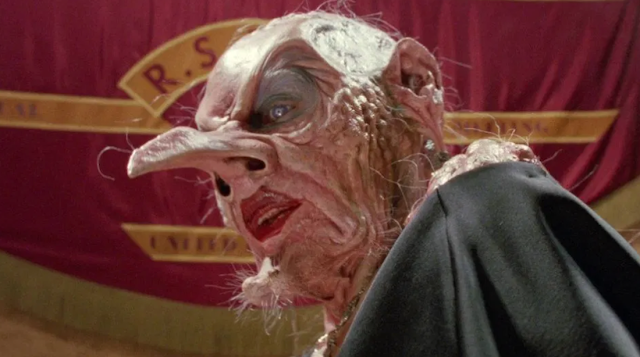 |
| Gina Carano in Haywire |
Cast: Gina Carano, Channing Tatum, Michael Douglas, Antonio Banderas, Ewan McGregor, Michael Fassbender, Bill Paxton, Michael Angarano, Mathieu Kassovitz. Screenplay: Lem Dobbs. Cinematography: Steven Soderbergh. Production design: Howard Cummings. Film editing: Steven Soderbergh. Music: David Holmes.
Haywire could have been a solid entry in the male-dominated action genre when Steven Soderbergh cast MMA champion Gina Carano as a sexy undercover agent named Mallory Kane. But Soderbergh may have had his doubts, because he surrounded her with a solid and experienced supporting cast, letting her beat up characters played by Channing Tatum and Michael Fassbender and outwit the ones played by Michael Douglas, Antonio Banderas, and Ewan McGregor. And even before the film was released it was clear that Carano's weakness as an actress might be a problem, so some of her dialogue was dubbed by Laura San Giacomo and some of it was digitally altered to lower it in tone. And when the film was released the critics were not impressed with her debut: In the New Yorker, David Denby said she was "strong, fast, relentless [but] not much of an actress," while Time's Richard Corliss called her "all kick and no charisma." Still, the film got mostly good reviews for what it is: a solid action film. Carano seemed on track to success, winning a role in Fast and Furios 6 (Justin Lin, 2013) and in the first two seasons of Lucasfilm's Star Wars spinoff series The Mandalorian. But then she got political, criticizing the use of face masks during the Covid crisis and supporting Donald Trump's claim that the 2020 election was stolen, thus finding her mainstream career blocked. So a star wasn't born and a genre wasn't revitalized.















.jpeg)





.jpg)







